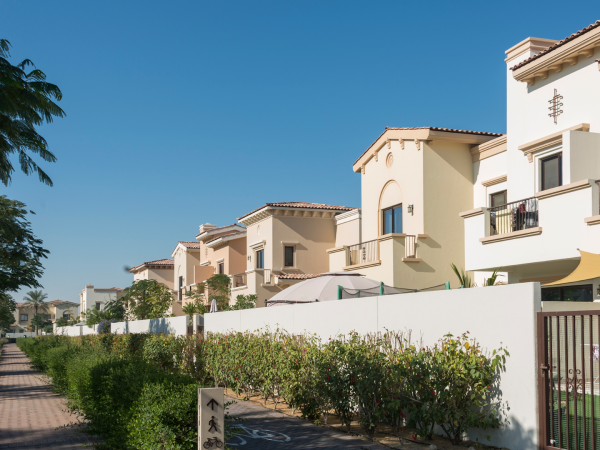
Deciding between a freestanding home or a gated estate
One of the most important decisions you’ll ever make is deciding where to live. Your lifestyle can be largely dependent on whether you choose to live in a freestanding home or a gated estate. We explore the pros and cons of both these unique options.
Share This Post
Safety of your surroundings
With many estates featuring security patrols, code access systems and a regulated community of people, it’s no wonder they’ve grown in popularity over the years. Most new residential developments in South Africa have sprung up as gated estates and complexes that offer a more stylised sense of living.
Big cities have suburbs that offer amenities around every corner. A freestanding home in a suburb will have fewer rules and regulations than a gated community, but the safety and security of your home will be entirely up to you. In a country like South Africa, the more precautions you take to safeguard your family and belongings, the better.
Maintaining your home
In a freestanding home, the maintenance of your property and house is solely up to you. Unexpected repairs can be costly and expenses can quickly add up to more than what you’ve budgeted for your household. Whereas in a gated estate, communal amenities and general upkeep are taken care of by the body corporate. These fees are usually included in the rates you pay and are likely to only increase on an annual basis.
The municipal rates of freestanding homes are generally more expensive for services like water, electricity and sewerage. Young families or retired couples may choose to purchase a sectional title home, as it is the more affordable option than buying a freestanding home.
Freedom of space
While there are gated estates that offer ample parking, you will still be limited in how many cars you can have when guests come over. With a freestanding home, you can choose to purchase a property with a spacious yard for parking and change your garden or yard however you see fit. For instance, you won’t need permission to install a pool or greenhouse. All upgrades to your home can be applied without getting prior municipal approval, as long as it doesn’t affect building zones or land regulations.
You can consult with your estate agency to find out about the laws that apply to the property you own and what the homes in your area or estate are limited to.
Privacy matters
Younger couples may enjoy the social aspect of living in an estate with like-minded individuals of similar professions, or who have kids in the same age group. Likewise, retirees who opt to live in a gated retirement estate may be comfortably surrounded by their peers in their elder years.
The luxury of having pets, however, is determined by the body corporate and its guidelines. In a freestanding home, you can have as many pets as your local by-laws allow in the privacy of your own home. As a resident of a complex, you have to consider your neighbours’ homes and the fact that your pet may wander onto their properties, as most gated estates don’t have fencing to separate each plot.
The overall quality of life








